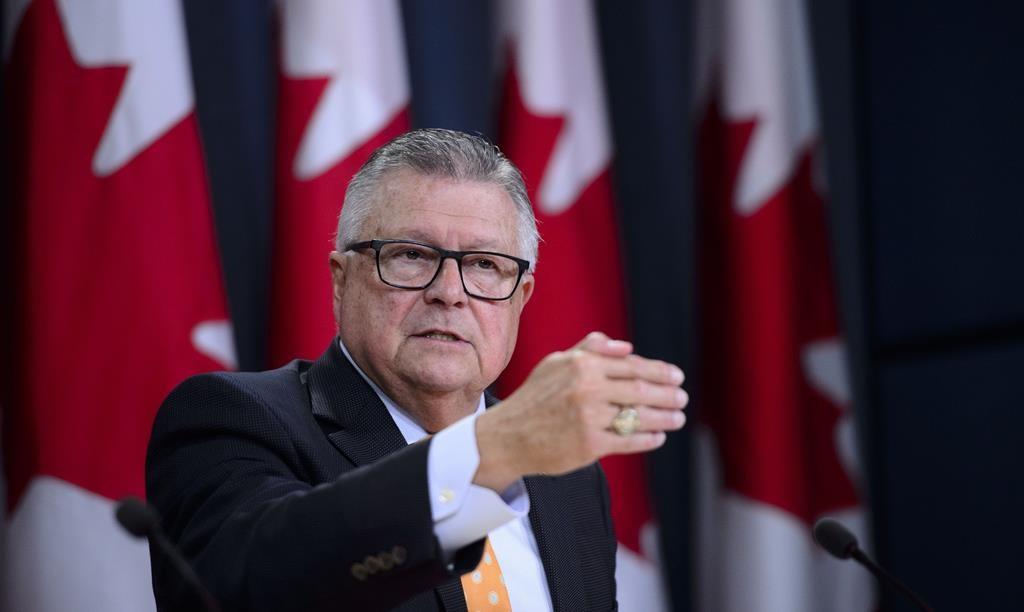Canada’s envoy to the United Kingdom says Ottawa will not make “a veiled threat” and suspend trade talks over concerns Britain may be breaching the agreement that stopped decades of conflict in Ireland.
Last week, the Irish political party pushing to unify the island asked Ottawa to halt negotiations for a post-Brexit trade deal. Sinn Fein argued London is undermining the agreement that brokered peace between Catholics and Protestants.





